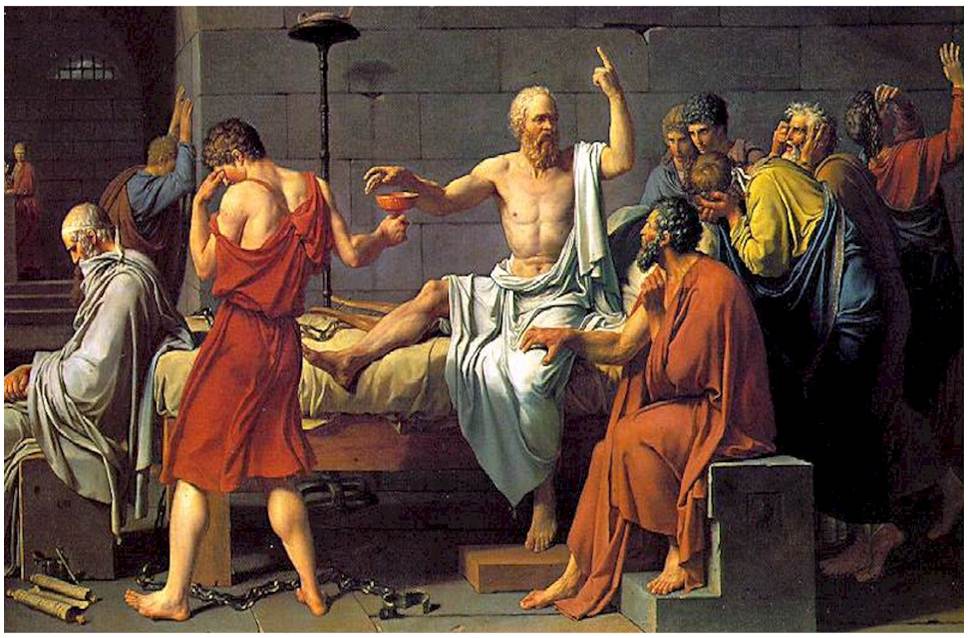How did the West get from religious freedom of choice to compulsion? How did religious ideology go from loving friendship to violent persecution? How could murder in the name of God — an act virtually inconceivable in the Greek and Roman world over the numberless centuries of their existence — ever have been justified, let alone justified in the name of the God of love? American literary historian Stephen Greenblatt explores these questions as he guides us through the early history of religious intolerance.

Stephen Greenblatt is Cogan University Professor of the Humanities at Harvard University. He is the author of fourteen books, including Tyrant: Shakespeare on Politics; The Rise and Fall of Adam and Eve; The Swerve: How the World Became Modern (winner of the 2011 National Book Award and the 2012 Pulitzer Prize) and Will in the World: How Shakespeare Became Shakespeare. He is General Editor of The Norton Anthology of English Literature and of The Norton Shakespeare, has edited seven collections of criticism, and is a founding co-editor of the journal Representations. He was named the 2016 Holberg Prize Laureate. His honors include the MLA’s James Russell Lowell Prize, the William Shakespeare Award for Classical Theatre, two Guggenheim Fellowships, and the Distinguished Humanist Award from the Mellon Foundation. He was president of the Modern Language Association of America and has been elected to membership in the American Academy of Arts and Sciences, the American Academy of Arts and Letters, the American Philosophical Society, the Italian literary academy Accademia degli Arcadi, and is a fellow of the British Academy.

